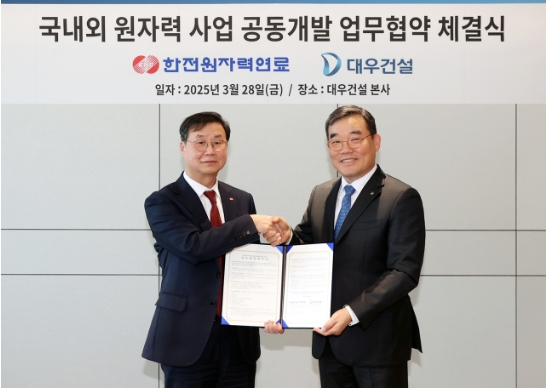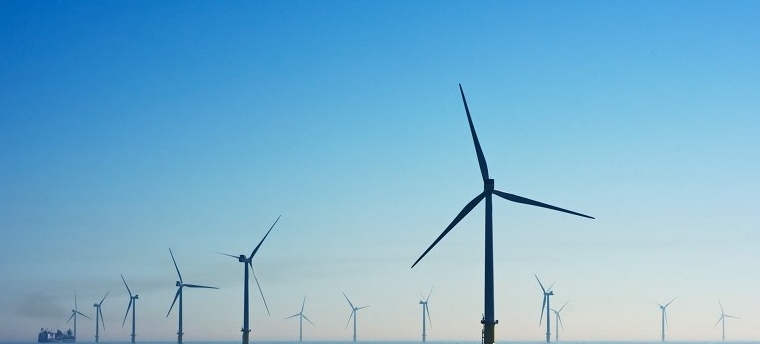“There is a need for coal-fired power generation, mainly from developing Asian countries where demand for energy is surging,” the source said. “We’re not planning to review our (infrastructure) export policy.”
Tokyo’s infrastructure export strategy stipulates that Japan will “in principle provide aid to install cutting-edge power generation facilities upon requests from countries as long as they are compelled to choose coal as their source of energy.”
The government says it remains committed to coal due to it being a cost-effective power generation solution, and that new technology installed in place of aging, less efficient power stations can help countries reduce their overall emissions.
The government maintains that renewable energy sources remain too unreliable and expensive, despite their wide-scale uptake around the globe and significant, ongoing reductions in their cost.
During a U.N. climate conference currently being held in Madrid, Japan received a disparaging “Fossil of the Day” award from international environmental group Climate Action Network after the country’s industry minister spoke about a plan to continue using coal-fired power.
U.N. Secretary General Antonio Guterres has called on countries to halt construction of new coal-fired plants from 2020, leading to expectations that Environment Minister Shinjiro Koizumi could voice a shift in Japan’s position on coal in a speech scheduled for Wednesday.
In June, the government-linked Japan International Cooperation Agency signed an agreement with Bangladesh to extend a loan of up to ¥143.1 billion ($1.3 billion) for a coal-fired power generation project in the South Asian nation.
“We’ve been providing funding in line with government policy. That will continue to be the case,” said a JICA official.
In April, the Japan Bank for International Cooperation, another government-linked institution, sealed an accord to offer a loan of up to $1.2 billion to fund a Vietnamese coal-fired power generation project.
The Vietnam loan is co-financed with other banks and covered by insurance from Nippon Export and Investment Insurance, funded by the government using taxpayer money.
Coal-fired power plants were singled out as the largest contributor to the growth in emissions observed in 2018, according to the International Energy Agency.
The Intergovernmental Panel on Climate Change, a U.N. panel that assesses the science and provides guidance on how to deal with the impending crisis, has pointed out the need for renewables to provide 70 to 85 percent of global power supply by 2050.
It has recommended all but ending coal-fired power generation, to minimize impacts of global warming such as sea level rise and intensified weather events.
On Dec. 3, however, Economy, Trade and Industry Minister Hiroshi Kajiyama told a news conference in Tokyo, “As options (for an energy mix), we would like to keep coal-fired power plants and power plants using fossil fuels.”
Japan’s reliance on fossil fuels for power generation has increased as most of its nuclear power plants remain idle, following the 2011 triple meltdown in Fukushima Prefecture that was triggered by a massive earthquake and tsunami.
Kajiyama also said at the news conference that the government would make an effort to increase renewable energy and reduce carbon dioxide emissions as it propels the development of technology.







